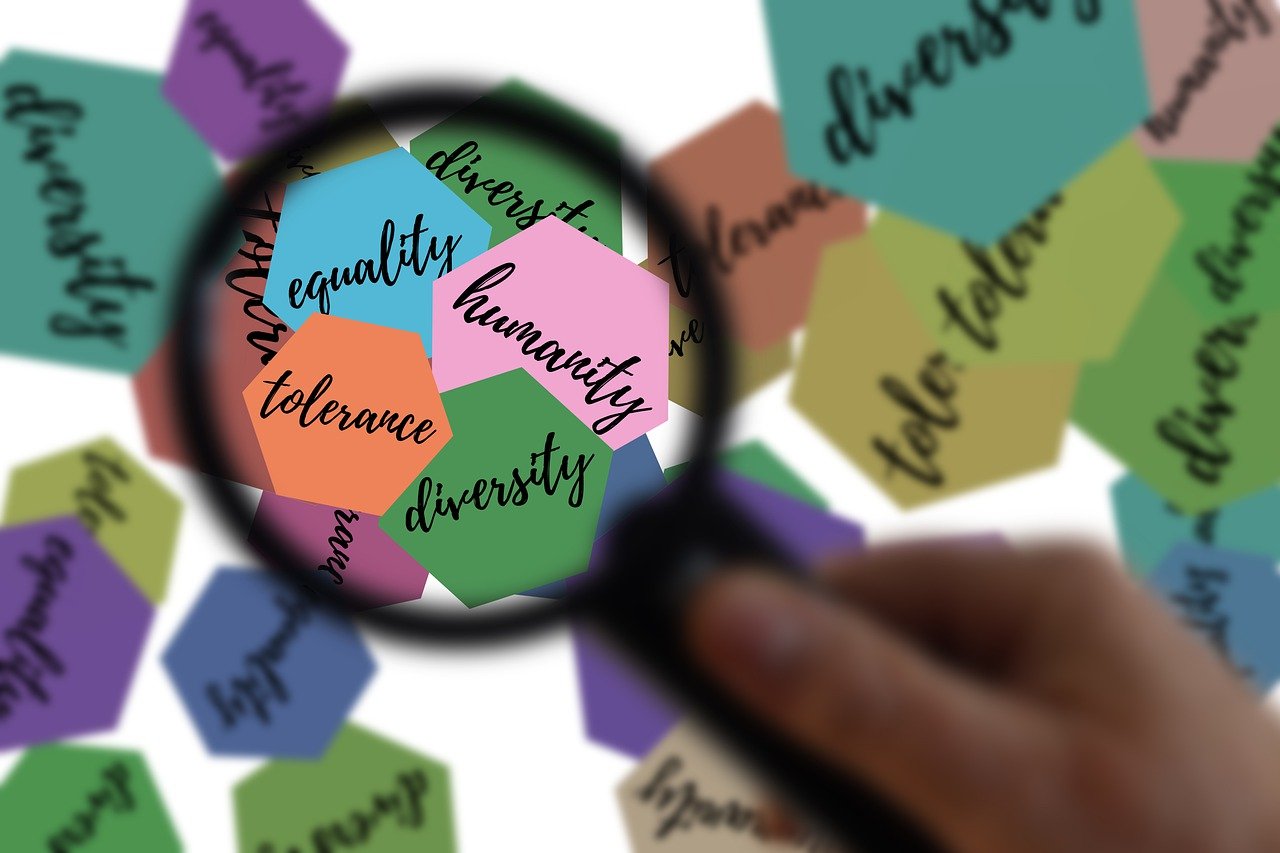The quest for meaning has become inescapable
The world of work has changed profoundly. Rigid hierarchies, top-down instructions and constant control no longer work the way they used to. Employees are looking for something different: meaning, recognition, a reason to act together. You may have noticed it yourself. A team without motivation quickly runs out of steam, even with the best skills. Giving meaning back to the team becomes a necessity, and that means a new way of doing things. leading with humanity.

Today, performance is no longer measured by productivity alone, but by the quality of relationships, trust and collective commitment. Leaders who are able to listen, understand and inspire build solid teams. They know that an employee who feels understood gives the best of himself.
Leading with humanity: a change in attitude
Leading with humanityIt means recognising that relationships are the key to effectiveness. It means looking at your employees as people, not just as resources. It also means accepting vulnerability, error and imperfection, to create a more authentic workspace.
In practical terms, this translates into a real attitude of listening. You take the time to understand their needs, frustrations and aspirations. You don't try to control everything, but to provide support. Leading with humanity does not mean abandoning high standards, but giving them a meaning: that of collective progress.
Teams working in this environment become more agile and creative. They dare to propose, question and commit. You'll notice that trust frees up energies that fear stifles.
Giving meaning back to the team: understanding before acting
Before you can motivate, you need to understand what it is that is demotivating people. All too often, companies introduce superficial measures: seminars, bonuses, slogans. But without really listening, these initiatives change nothing. Restoring meaning to the team requires an honest diagnosis: why do employees no longer feel involved? What has been lost along the way?
For example, you can start by questioning your own management. Do you give visibility to decisions? Do you explain objectives clearly? Do you value individual and collective successes? These simple gestures will restore confidence.
Meaning cannot be decreed, it has to be built together. By involving your teams in strategic thinking, you can make them the driving force behind the project. This co-construction restores pride and links.
Leading with humanity: the power of active listening
Listening is one of the pillars for leading with humanity. It's not about waiting your turn to speak, but about really understanding the other person. You can create spaces for sincere exchange, where employees dare to say what they think without fear of being judged.
Active listening also means asking open-ended questions:
- What stops you in your work today?
- What would you like to see in the team?
- What are you most proud of this week?
These simple conversations often reveal unsuspected levers. They allow you to anticipate tensions before they become conflicts. By listening sincerely, you show that every voice counts.
Giving meaning through recognition and clarity
A team needs clear points of reference. Giving meaning back to the team means defining a direction, explaining choices and reminding people of the team's raison d'être. You can't ask for commitment without offering transparency.
The other essential lever is recognition. Saying "thank you", acknowledging an effort or celebrating a success, however modest, fuels motivation. It's not just a detail. The human brain reacts positively to recognition, which reinforces confidence and the feeling of belonging.
You can establish a feedback culture where everyone can express their feelings without fear. This practice, when benevolent and constructive, improves cohesion and performance.
Leading with humanity: the balance between high standards and benevolence
Leading with humanityIt's not about accepting everything. It means finding the right balance between being kind and demanding. Too much gentleness can weaken rigour. Too much pressure extinguishes motivation. You need to create a clear framework, where the rules are known, but where the individual remains respected.
This balance is built on consistency. If your words and actions diverge, trust disappears. On the other hand, stable, honest and exemplary leadership naturally inspires. You set the tone, not by coercion, but by example.
Employees need a human leader, not a distant superior. By accepting your emotions and recognising your limits, you allow others to do the same. This is how a group becomes truly cohesive.
The role of meaning in collective performance
Studies in work psychology confirm that meaning is a driver of sustainable performance. A team that understands why it does what it does works with greater coherence and commitment. You can see this in organisations that share a clear mission: their employees invest themselves above and beyond their contractual obligations.
Giving meaning back to the team means linking each task to an overall objective. This link transforms work into a contribution. Even the simplest tasks take on new value when they are part of a shared vision.
Leaders capable of leading with humanity know how to tell this vision. They translate it into concrete, measurable and inspiring actions. Their role is no longer to give orders, but to create the conditions for commitment.
Restoring confidence after collective fatigue
Recent crises, rapid change and uncertainty have weakened teams. Many employees feel exhausted and sometimes disillusioned. Restoring meaning to the team also means restoring confidence.
You can do this by acknowledging the difficulty of the moment, rather than minimising the problems. This honesty creates a real closeness. Saying "I understand it's difficult" has more impact than any injunction to "stay motivated".
Rebuilding trust takes time, but it's a lasting investment. As teams feel listened to and considered, they rediscover the desire to work together.
Human leadership for a sustainable future
In a changing world, companies need leaders capable of leading with humanity. This approach is not opposed to performance, it is a prerequisite for it. A team that feels understood, recognised and involved goes further.
You can start small: listening more attentively, communicating more clearly, acknowledging more regularly. These simple gestures build a lasting culture.
Giving meaning back to the team ultimately means reconnecting with the very essence of collective work: doing things together, progressing together and growing together. Humanity is not a weakness of modern management. It is its greatest strength.









